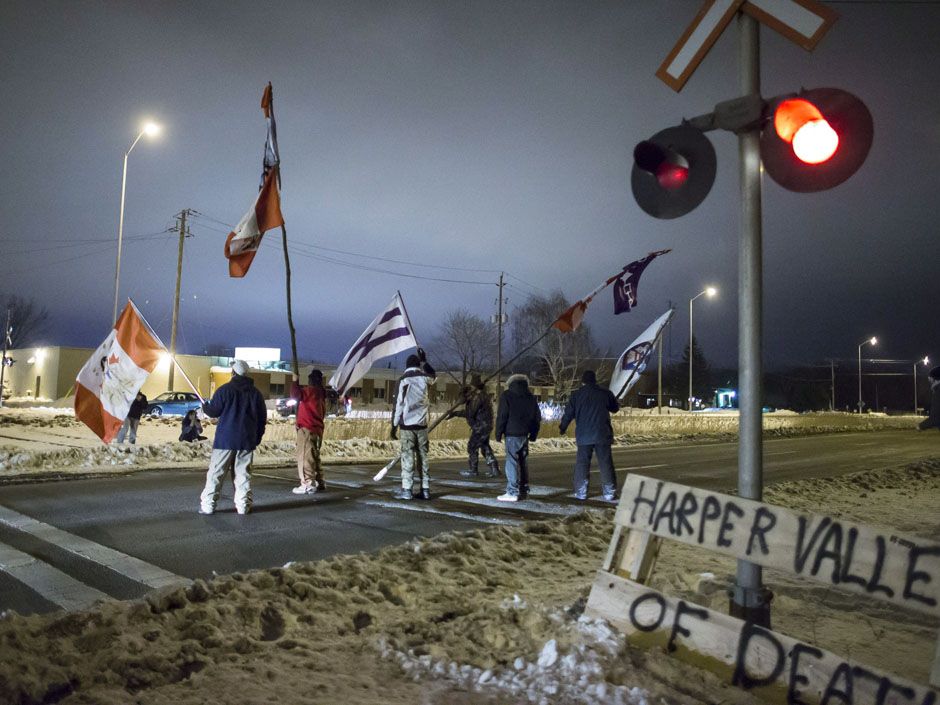lenaitch
Army.ca Veteran
- Reaction score
- 3,706
- Points
- 1,160
The issue of emergency/temporary injunctions with respect to protests has been going on for a while. The mistake Sarnia PS made was outright saying they were going to ignore it.
I'm not fully familiar with that area of procedural law, but I think they are an imperfect way for a party to deal with a blockade. An injunction is supposed to be a legal pause button to preserve the status quo until the court has the time to hear and consider all sides in detail. The trouble is the second step never happens. Once the blockade is lifted, everybody goes home. The only time the second step occasionally occurs is labour picketing, and typically just to flesh out the ground rules. The entire concept of a protest or blockade is anti-social and confrontational. One side wants the other side to stop doing something and the other side doesn't
At the most basic, they are unaccountable. They can be appealed but, as I understand it, the process is limited and cumbersome. If matters 'go south' in the enforcement of the court order, the issuing court cannot be called to account for their role in the events. Individual police officers are accountable for their actions on the line, as are the protestors, but the police service can also be held to account. I've never heard of the non-labour protesting side being held accountable.
Law enforcement inherently impacts the rights of others. If push comes to shove (literally), it can impact their physical safety. The police will always retain the right to determine when and how the law is enforced
I did note in Christie's article that some member(s) of Sarnia PS sat down at a drum circle, which speaks to my previous concern of being seen to take sides.
I'm not fully familiar with that area of procedural law, but I think they are an imperfect way for a party to deal with a blockade. An injunction is supposed to be a legal pause button to preserve the status quo until the court has the time to hear and consider all sides in detail. The trouble is the second step never happens. Once the blockade is lifted, everybody goes home. The only time the second step occasionally occurs is labour picketing, and typically just to flesh out the ground rules. The entire concept of a protest or blockade is anti-social and confrontational. One side wants the other side to stop doing something and the other side doesn't
At the most basic, they are unaccountable. They can be appealed but, as I understand it, the process is limited and cumbersome. If matters 'go south' in the enforcement of the court order, the issuing court cannot be called to account for their role in the events. Individual police officers are accountable for their actions on the line, as are the protestors, but the police service can also be held to account. I've never heard of the non-labour protesting side being held accountable.
Law enforcement inherently impacts the rights of others. If push comes to shove (literally), it can impact their physical safety. The police will always retain the right to determine when and how the law is enforced
I did note in Christie's article that some member(s) of Sarnia PS sat down at a drum circle, which speaks to my previous concern of being seen to take sides.




